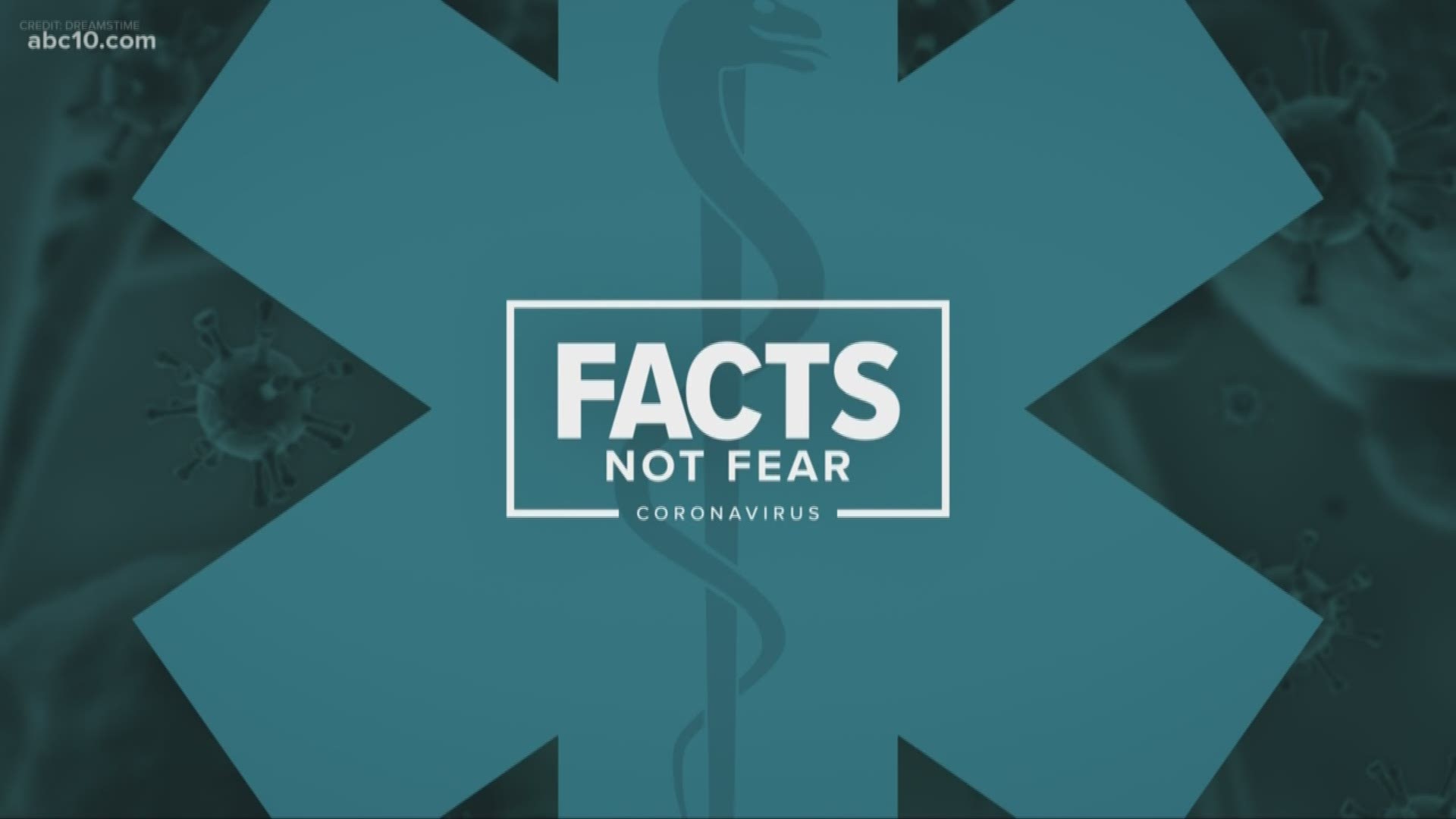SACRAMENTO, Calif. — Elective surgeries continued this week at UC Davis Medical Center, leading some doctors to worry if the hospital could be putting people at risk of obtaining the coronavirus infection and potentially diverting resources away from fighting the pandemic.
Hospital officials confirmed they intend to proceed with previously scheduled elective surgeries, even as nearly all other Northern California hospital chose to heed warnings from the Center of Disease Control and Prevention [CDC] and surgeon general to stop performing elective procedures.
"We haven't gotten a clear answer as to why we're different," one UC Davis doctor, who asked to stay anonymous for fear of retribution at work, said. "Until we can be absolutely certain that we're not introducing a small, but non-zero risk of spreading this this to patients who didn't necessarily need to be in the hospital, that's something we'd like to avoid."
The term "elective" can cover a wide swath of surgeries, some of which have more immediate necessity than others. For instance, studies have shown that prostate tumors can be left in place for months or even years without significant risk to the patient, though the seriousness of an individual case could make surgery necessary in the short-term.
RELATED CONTENT:
The doctor acknowledged that there is an internal debate over the policy, but said there is growing concern among doctors and nurses that continuing business as usual poses a risk of spreading the virus driving the COVID-19 pandemic, in the same way that other large gatherings of people raised concerns.
"We're presenting two mixed messages," the doctor said. "We are asking people to come in to be exposed to a large number of people, which we would not otherwise recommend. We can't guarantee that there aren't individuals with asymptomatic spread. Let's minimize that as opposed to operating under normal circumstances."
Some patients and doctors have been deciding on their own to postpone non-lifesaving surgeries in spite of the hospital's policies, the doctor said, but many procedures are taking place as scheduled, including things like joint replacements, cosmetic procedures, and colonoscopies.
"Some patients are postponing their appointments, and we are happy to reschedule for them," Charles Casey, UC Davis hospital spokesperson, told ABC10 in an email. "We will provide that care to patients in need because we have the supplies and the space to do so safely. In the meantime, we are evaluating the situation on a daily basis and maintain the flexibility to change when needed."
RELATED:
In an internal memo obtained and verified by ABC10, UC Davis' chief medical officer Dr. J. Douglas Kirk put it more bluntly, writing "I'll be clear: There is no reason to cancel elective procedures at this time."
Kirk goes on to say in the memo the hospital has the capacity and equipment it needs to treat all patients coming in at this time and can adjust to a surge of COVID-19 patients "within 24 hours."
The doctor who spoke to ABC10 pushed back on that idea, saying that by "doing cases, you’re using gowns, gloves, masks. Things that might be on short supply in coming weeks, if we have surges similar to other countries."
Although UC Davis hospital treated some of the very first patients confirmed to have coronavirus in California, Kirk's memo goes on to say that the hospital had no such patients as of Tuesday. He also pointed out that medical organizations are seeking more guidance on the issue of elective procedures from the federal government.
Still, that hasn't stopped the other major hospitals in Northern California from adjusting their policies.
"We have cancelled all elective surgeries, but are still continuing to do urgent, essential surgeries," UC San Francisco spokesperson Suzanne Leigh told ABC10 on Tuesday.
Sutter Health, Dignity Health, and Kaiser Permanente all announced similar measures. Kaiser said Tuesday it was "reviewing all elective procedures scheduled this month to determine those that can be safely postponed."
The doctor who reached out to ABC10 urged patients with scheduled surgeries to reach out to their doctors to evaluate whether the procedures can be safely postponed, rather than risking exposure to the novel coronavirus.
FOR THE LATEST CORONAVIRUS CONTENT,
DOWNLOAD THE ABC10 APP:
►Stay In the Know! Sign up now for ABC10's Daily Blend Newsletter
WATCH MORE:



